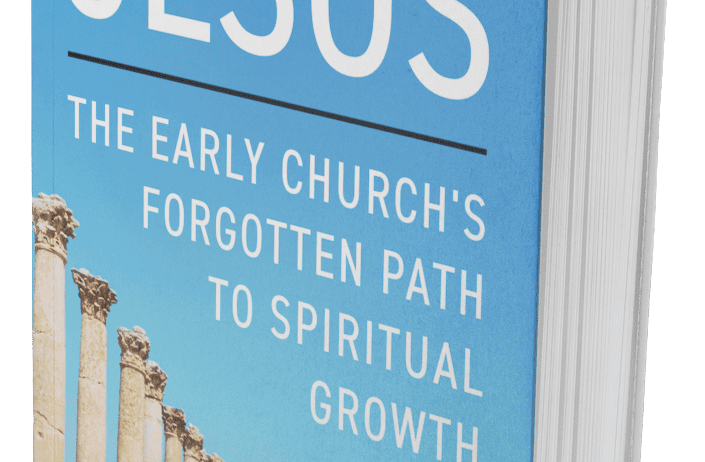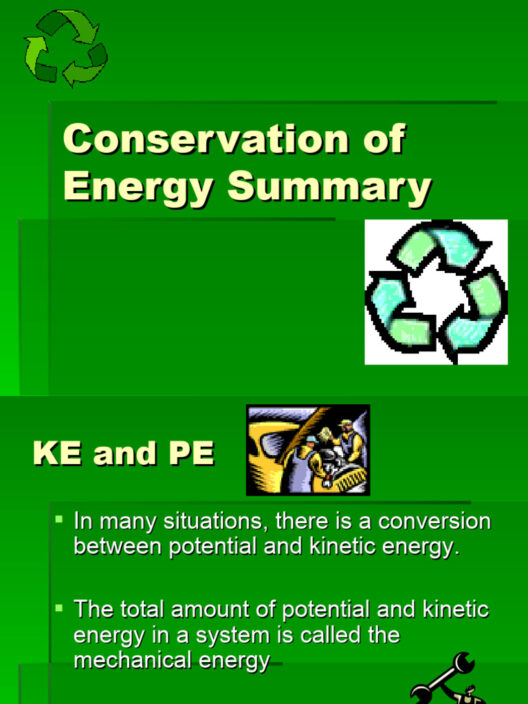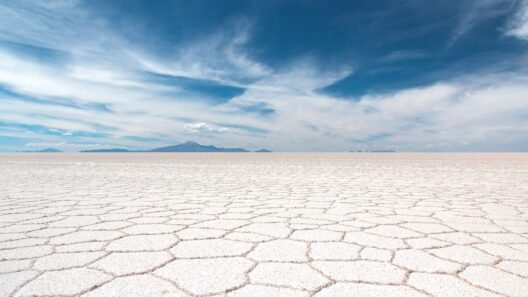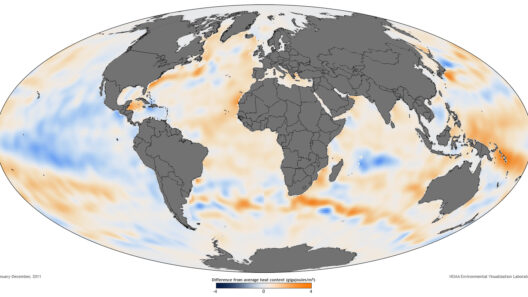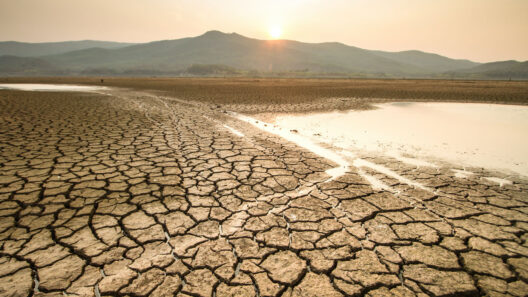The intersection of faith and environmentalism invites profound contemplation, particularly in the context of the biblical stewardship of the Earth. Understanding what the Bible says about climate change requires engaging deeply with scriptural interpretations and the implications of these teachings for modern ecological challenges. What if, as stewards of creation, our faith calls us to respond proactively to environmental degradation and climate change? In considering this, we embark on a journey that explores the theological foundations of stewardship, the human role in creation, and the ethical obligation to safeguard the planet.
At the very heart of biblical teachings is the notion that God created the Earth and entrusted humanity with its care. Genesis 1:26-28 elucidates this foundational principle, affirming humanity’s responsibility to “fill the earth and subdue it” while simultaneously stewarding all living things. This dual call— to cultivate and to protect— indicates that human dominion is not a license for exploitation, but rather a divine mandate for responsible guardianship. In this light, the biblical perspective challenges the prevalent consumerist mentality that often leads to environmental degradation.
As climate change escalates, marked by erratic weather patterns, rising sea levels, and dwindling biodiversity, one must ponder whether our current practices align with divine intentions for creation. Faith communities are increasingly confronted with the question: How do we reconcile the call for stewardship with the reality of environmental crises? This dual inquiry demands introspection and action anchored within faith traditions.
Moreover, the prophetic literature in the Bible, such as in the books of Isaiah and Jeremiah, underscores a divine concern for justice. The call to care for the marginalized and the voiceless can be extended to encompass the natural world. The Earth’s ecosystems, much like our social structures, are interconnected and interdependent. Therefore, when we witness climate injustice, not only do we violate God’s mandate, but we also bear witness to the suffering of the most vulnerable populations— those who disproportionately bear the brunt of climate change impacts.
Furthermore, the New Testament introduces the paradigm of love and compassion as essential to the act of stewardship. Jesus’ teachings frequently emphasize caring for others as a reflection of our love for God. When applied to environmental stewardship, this creates a compelling ethical framework. Shouldn’t love compel us to protect the planet for future generations? Herein lies a pivotal point: stewardship is deeply intertwined with our faith, urging believers to confront climate change resolutely.
In this context, one might playfully ponder: Are we, as members of various faith communities, prepared to tackle climate change with the same fervor that we apply to other moral challenges? This inquiry invites a broader examination of motivations and methodologies within faith groups as they engage with environmental issues. The subsequent challenge emerges— how can spiritual communities mobilize their congregations to prioritize ecological stewardship?
An effective approach could be integrating environmental education into religious teachings. Curating curricula that encompass biblical principles of stewardship alongside contemporary scientific understanding could foster a holistic worldview. Encouraging congregants to engage with nature can also enhance a sense of connection to the Earth and its ecosystems. Experiences such as community gardens, nature walks, or environmental service projects can significantly shift perspectives.
Additionally, embracing ecological principles within liturgical practices can reinforce the significance of creation care. By incorporating prayers for the Earth, blessings for crops, and reflections on environmental stewardship during services, faith communities can elevate the conversation surrounding climate change. Such actions might not only galvanize existing members; they can also attract new congregants who resonate with these values.
Moreover, advocacy plays a crucial role in tackling climate change. Faith groups are uniquely positioned to influence public policy. By lending their voices to environmental causes, they can advocate for sustainable practices and support legislative actions aimed at mitigating climate change. Conservation initiatives, renewable energy policies, and sustainability measures often resonate with core theological values of justice and equity. It is here that faith practices can transcend spiritual realms, entering the public sphere with a compelling narrative for change.
To foster a deeper understanding and commitment to ecological stewardship, it becomes essential to engage in interdisciplinary dialogue. Collaborative efforts among theologians, scientists, and activists can illuminate the pressing nature of climate issues. This partnership can yield innovative solutions and instill hope, demonstrating the synergistic potential of faith and action. However, such collaborations require an openness to learning and adapting, emphasizing that guardianship of the Earth is a collective responsibility that transcends individual beliefs.
In summary, while the Bible may not explicitly address contemporary climate change as we know it, its teachings on stewardship provide an indispensable framework for grappling with the environmental crises of our time. As people of faith, the challenge lies in interpreting these timeless principles and applying them to current realities. The ultimate question remains— are we willing to embrace our role as stewards and take decisive action in the face of climate change? The answer to this question will determine not only the future of our planet but the very essence of our faith and its impact on the world. By committing to preserve creation, we honor the divine mandate and foster a sustainable world for generations to come.


